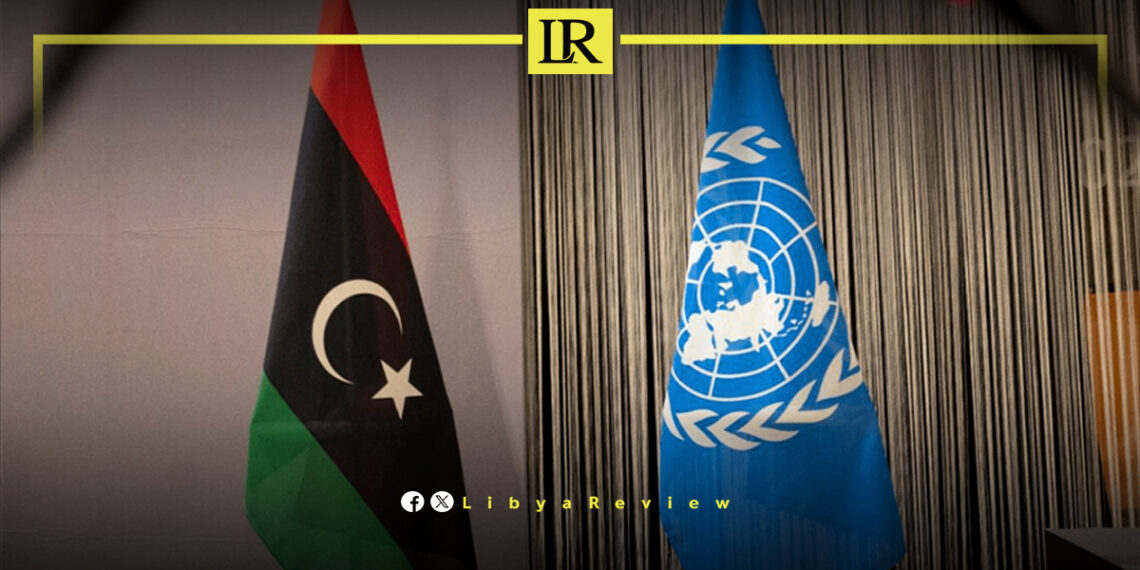The head of the National Institution for Human Rights (NIHRL) in Libya Ahmed Hamza has criticised a recent United Nations assessment on the situation in Libya as “unprofessional, inaccurate, and detached from the realities of the humanitarian, living, and economic conditions faced by local populations across the country.”
This critique comes amid conflicting reports regarding improvements in Libya’s humanitarian situation. Hamza said: “Despite the UN’s positive outlook, local data paints a grimmer picture.”
“According to the Social Research and Studies Center and the Statistics and Census Authority, poverty rates stand at 40% among the Libyan population, a figure supported by the Minister of Economy and Trade of the interim Government of National Unity (GNU), Hamza added.
He noted: “Furthermore, the country contends with nearly 200,000 internally displaced persons and deteriorating healthcare, education, and infrastructure services. Economic challenges are exacerbated by significant inflation, a depreciating Libyan Dinar, high unemployment rates, and soaring prices, which undermine the Dinar’s purchasing power.”
Experts argue that the UN’s report lacks a solid foundation and fails to reflect the severe challenges afflicting Libya’s populace. They call for a thorough review of the data and indicators used by the UN to ensure that future assessments more accurately reflect the on-ground realities.
Libya has been in chaos since a NATO-backed uprising toppled longtime leader Muammar Gaddafi in 2011. The county has for years been split between rival administrations.
Libya’s economy, heavily reliant on oil, has suffered due to the ongoing conflict. The instability has led to oil production and price fluctuations, impacting the global oil market and Libya’s economy.
The conflict has led to a significant humanitarian crisis in Libya, with thousands of people killed, and many more displaced. Migrants and refugees using Libya as a transit point to Europe have also faced dire conditions.
The planned elections for December 2021 were delayed due to disagreements over election laws and the eligibility of certain candidates. This delay has raised concerns about the feasibility of a peaceful political transition.
Despite the ceasefire, security remains a significant concern with sporadic fighting and the presence of mercenaries and foreign fighters. The unification of the military and the removal of foreign forces are crucial challenges.


